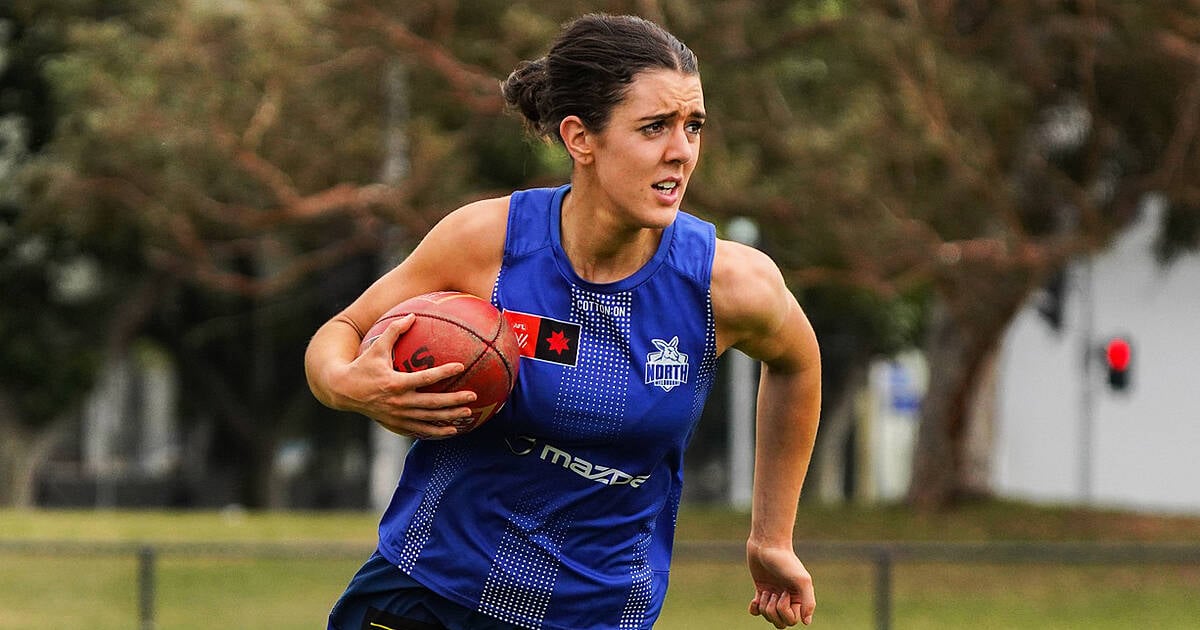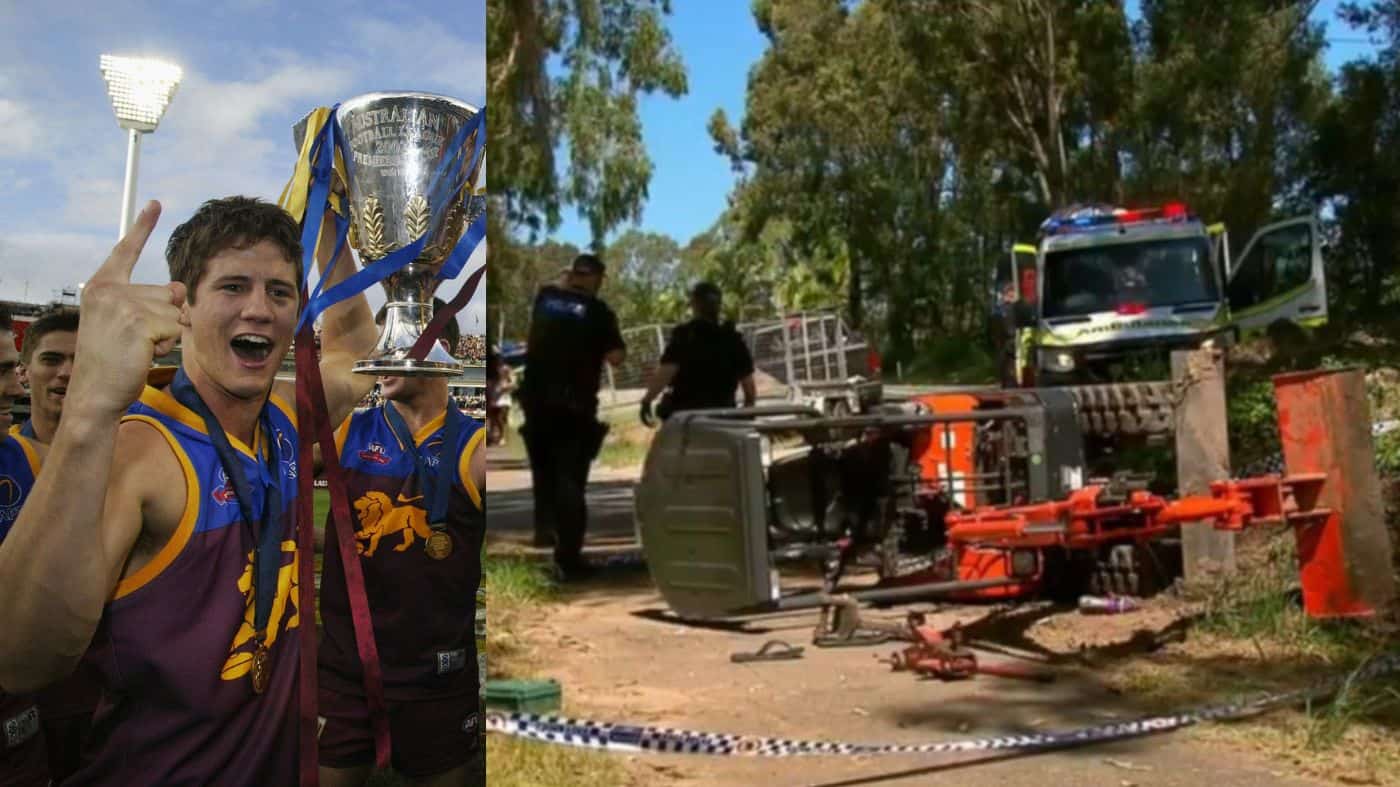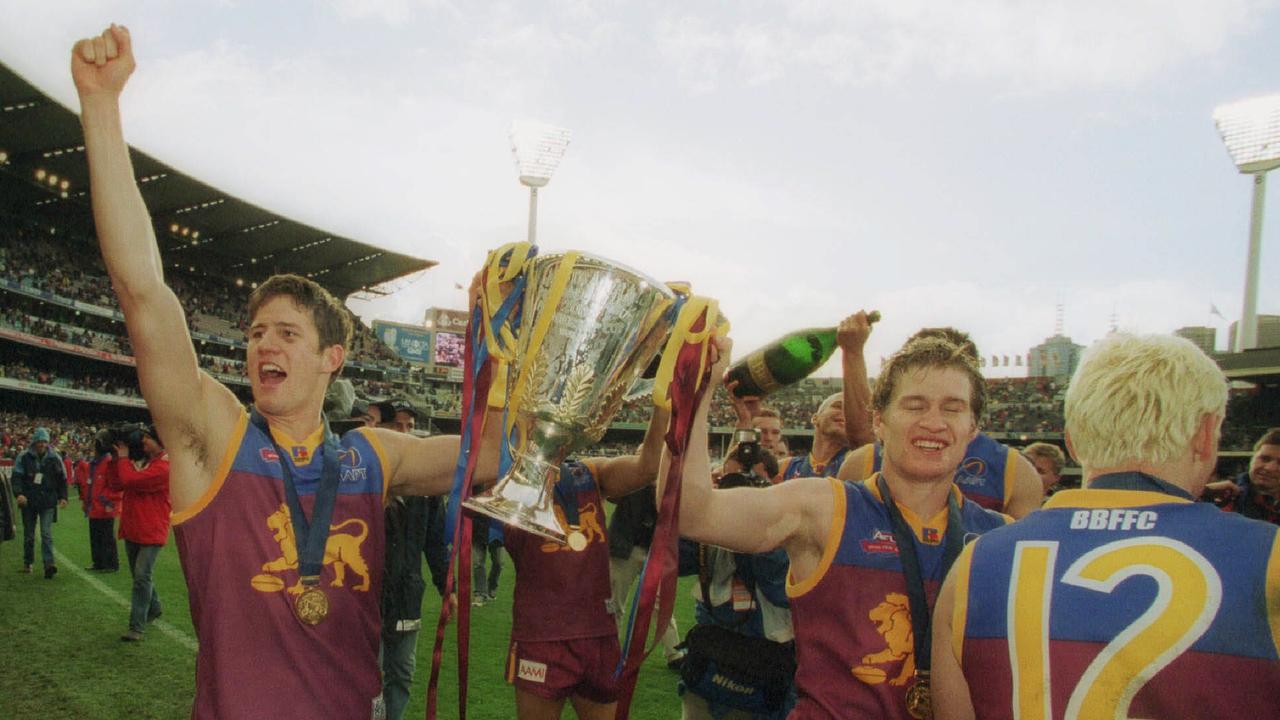What the demise of a popular Darwin basketball club could mean for the NT’s AFL team bid

- by Admin
- October 20, 2024
With a catchy name, on-field success and big crowds, it seemed the Darwin Salties had a magic formula.
So when the Top End basketball club quit the second-tier NBL1 North competition last month, citing an unsustainable financial mode, it came as a surprise to most.
“They were going beautifully,” veteran NT sports journalist Grey Morris said.
“Spectator numbers and playing numbers in basketball are booming [in Darwin].
“But the Salties can’t find a competition to play in, because it’s just too expensive for them.”
Grey Morris says the Top End community got behind the Darwin Salties. (ABC News: Dane Hirst )
The Salties were founded in late 2021, and joined both the men’s and women’s NBL1 competitions the following year, based in Queensland.
In all three seasons the club competed, its men’s side made the play-offs, while its women’s side made the finals twice.
The Salties also attracted the league’s highest crowd numbers.
From the outside looking in, the club was thriving.
But despite being substantially backed by the NT government, its finances told a different story.
“The Salties board has decided the current model with [Basketball Queensland] is not financially sustainable as it requires the club to pay all its own interstate [travel] costs and those of visiting … teams,” the club said in a statement last month.
“These costs are excessive at a time when air travel from Darwin is at an all-time high.
“No other NBL1 club has this arrangement.”
The Darwin Salties played in the NBL1 North competition for three seasons. (Supplied: Facebook)
Familiar tale for NT sports
The Salties’ demise will be a familiar story for other NT sport clubs that have failed to survive in state, national or Asian competitions.
The Darwin Cubs played in soccer’s Singapore Premier League in the mid-1990s before folding, while the Territory Storm competed in the Australian Netball League from 2008 until 2019.
The NT Stingers and Pearls were also mainstays of the national hockey competition until 2018, when they were excluded.
The Stingers are now planning to join the Malaysian Hockey League next year.
The Darwin Cubs soccer team played in the Singapore Premier League in 1994 and 1995. (Supplied)
Chief economist at the University of Technology Sydney, Tim Harcourt, said there were a range of factors that made it difficult for NT teams to remain viable, including the cost of flights.
“It’s hard with Darwin and the NT, with the tyranny of distance from the rest of Australia, and even if they play in Asia,” he said.
“[The NT’s small] population and economic base also makes it pretty tough.”
Football club the NT Thunder was established in 2008. (ABC News: Steven Schubert)
One of the most high-profile territory sporting clubs to come and go was football side the NT Thunder.
It lasted longer than most, fielding teams over 11 seasons from 2009, initially in the Queensland Australian Football League, then in the North East Australian Football League (NEAFL).
The club’s women’s side also spent two years in the Victorian Football League.
“We were very fortunate we had good funding through federal and [territory] government and really good support from commercial partners,” NT Thunder’s inaugural chief executive Stu Totham said.
“Back in 2008 [when the club was founded], the [NT] economy was going pretty well.”
The NT Thunder won two NEAFL premierships, in 2011 and 2015.
But by 2019, sponsorship was down, the number of NT players in the Australian Football League (AFL) had fallen and crowd numbers were dwindling.
The NT Thunder won two flags during its time in the NEAFL. (ABC News: Steven Schubert)
Mr Totham, as the then-chief executive of AFL NT, chose to wind up the club.
He said it was a “horrible decision” to make.
“I still think about that decision quite a lot, to be honest,” he said.
“But in the end, the data didn’t lie. The information was there to make a call.
“We had to rethink where our money was going … and that was a really tough decision to … use that money to go back into community footy and grassroots.”
Stu Totham says the NT Thunder allowed territory footy players to base themselves in the NT. (ABC News: Hamish Harty )
Would an NT AFL team work?
Despite the NT Thunder folding and the chequered history of Northern Territory sports teams, there’s a push on for the territory to become the home of the AFL’s 20th club.
It follows Tasmania being awarded the league’s 19th licence last year.
The Tasmania Devils are set to enter the competition in 2028.
The Tasmania Devils secured an AFL licence in 2023. (Supplied: Tasmania Football Club/Solstice Digital)
In May this year, the NT’s then Territory Labor government released a business case for establishing a Northern Territory, or northern Australia, AFL side within the next 10 years.
It included an unfunded plan for the construction of a Darwin CBD stadium at a cost of up to $735 million, with the admission that federal money would be needed to support its delivery.
Professor Harcourt said the business case “was pretty honest” that a potential NT AFL team would need “a large degree of public investment”.
But he pointed to the Papua New Guinea National Rugby League (NRL) team bid as proof that it could come to fruition.
Tim Harcourt says the NT’s bid to join the AFL has merit. (ABC News: Greg Bigelow)
The proposed PNG side is closing in on a deal worth up to $600 million with the Australian federal government to enter the NRL in 2028
“It’s the same thing, it’s a national project of significance beyond sport,” Professor Harcourt said.
“The NT AFL team would be more of an internal social benefit, while the PNG team would be more geopolitical.”
Rugby league is the most popular sport in PNG. (ABC News: Tim Swanston)
Professor Harcourt said the case for an NT AFL team was “quite romantic”.
“Once Tasmania got the 19th licence, everyone now wants the NT to happen. People see it as … the way to make the AFL a truly national competition,” he said.
“I think there’s great good will for it, but the economics and social side of it has to make sense.”
The Latest News
-
December 24, 2024Best Online Casinos In Australia Real Money 2025 – Free Spins & Faster Payouts!
-
December 24, 2024Letters reveal The Don’s struggles with fame, eye for talent and fears for cricket’s future
-
December 24, 2024Five reasons to love world No.2 national hero
-
December 24, 2024Head has short net session, in doubt for Boxing Day Test
-
December 24, 2024How Travis Head decluttered and became the best batter in the world




